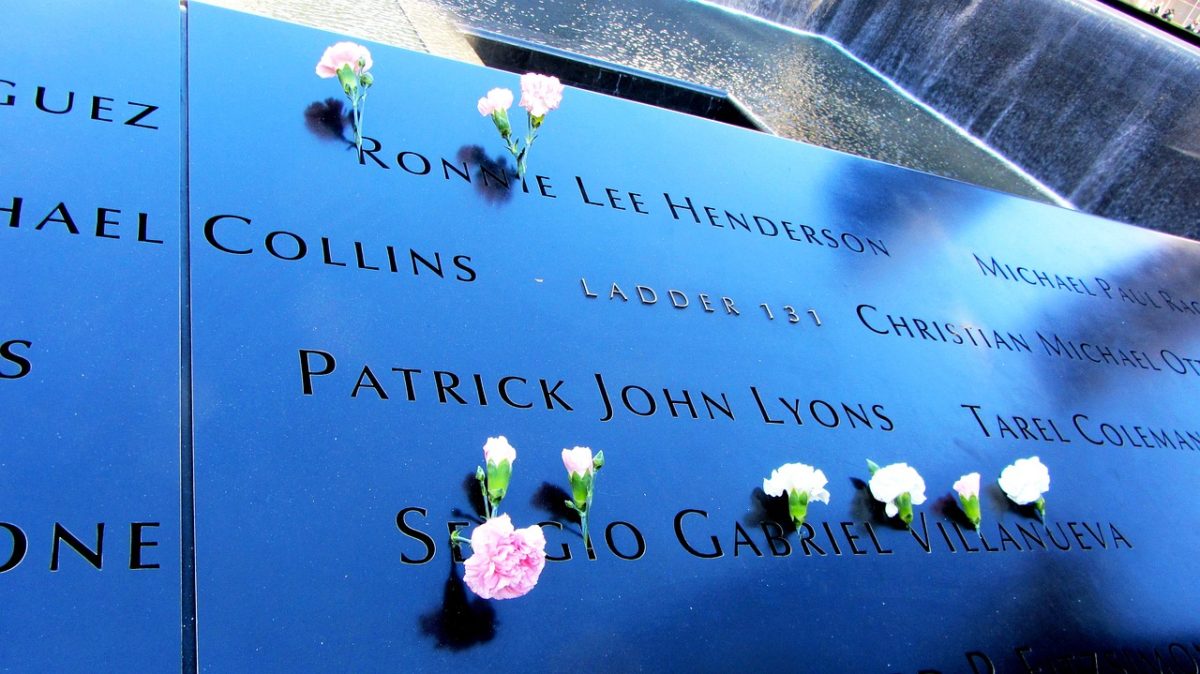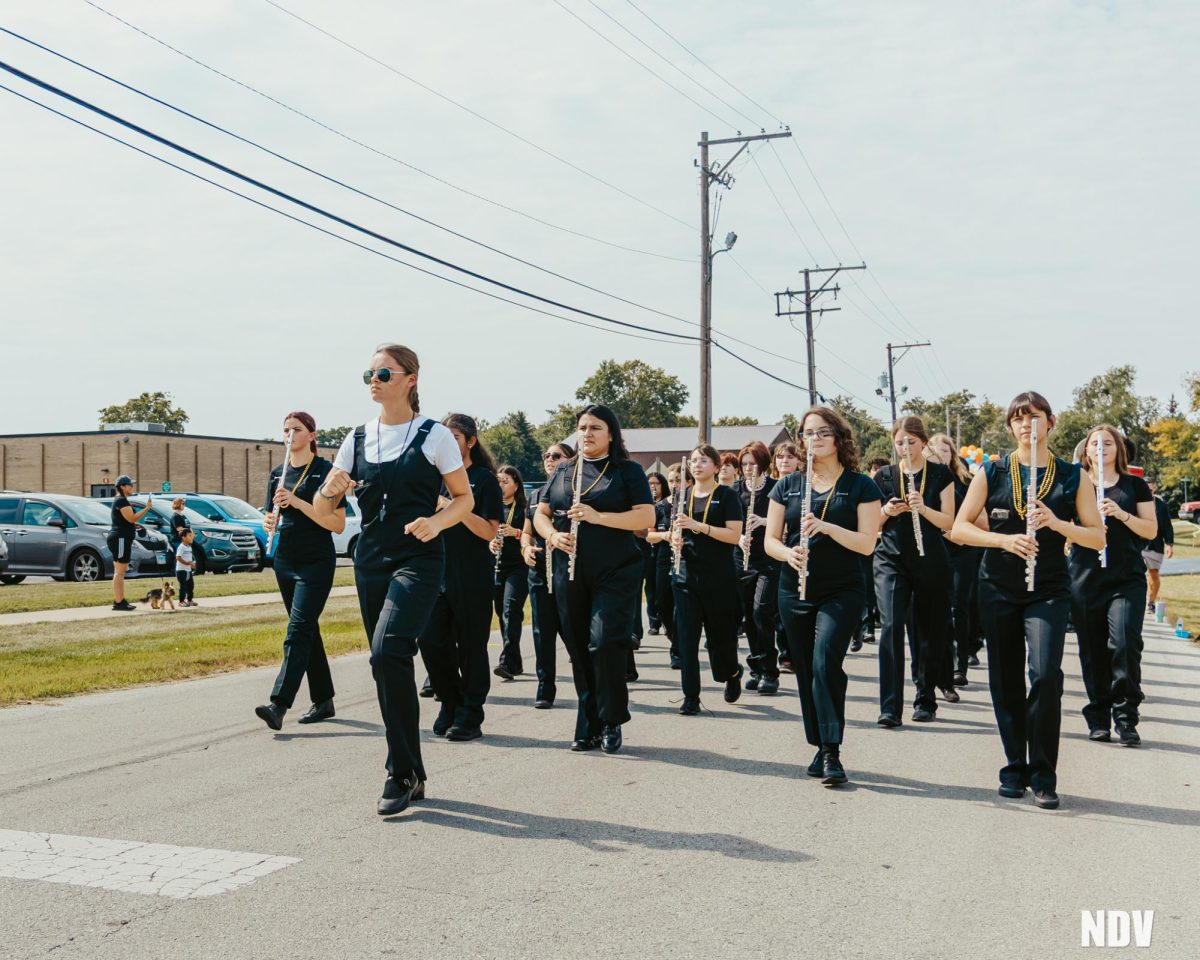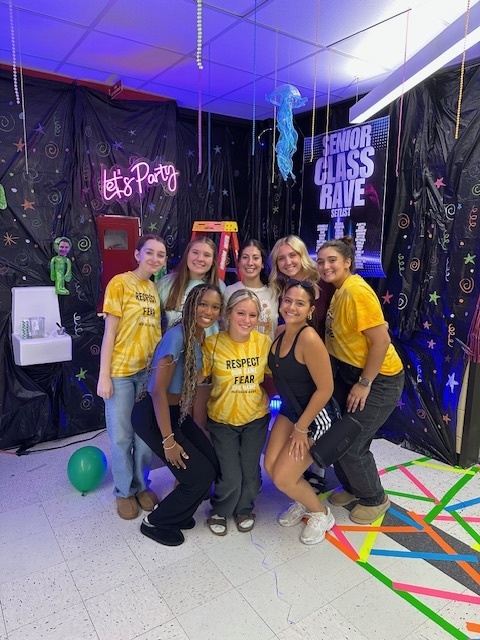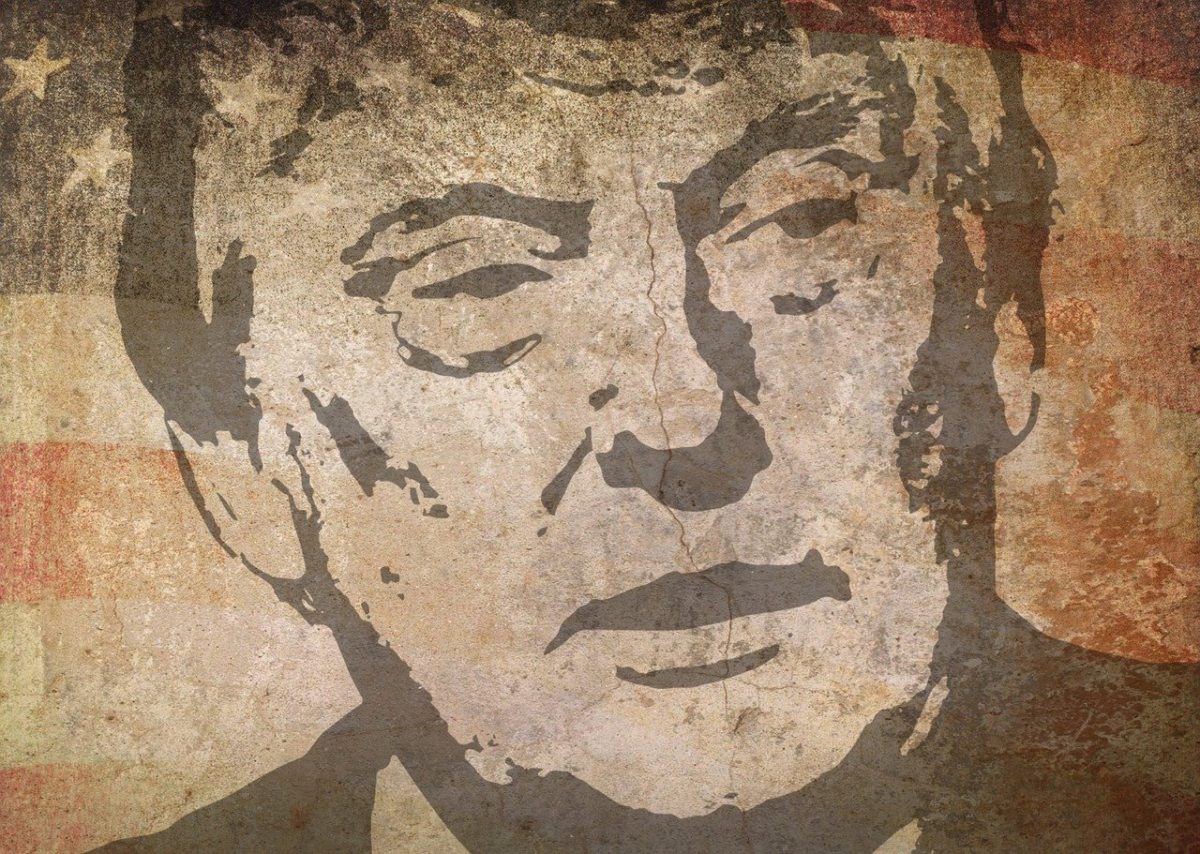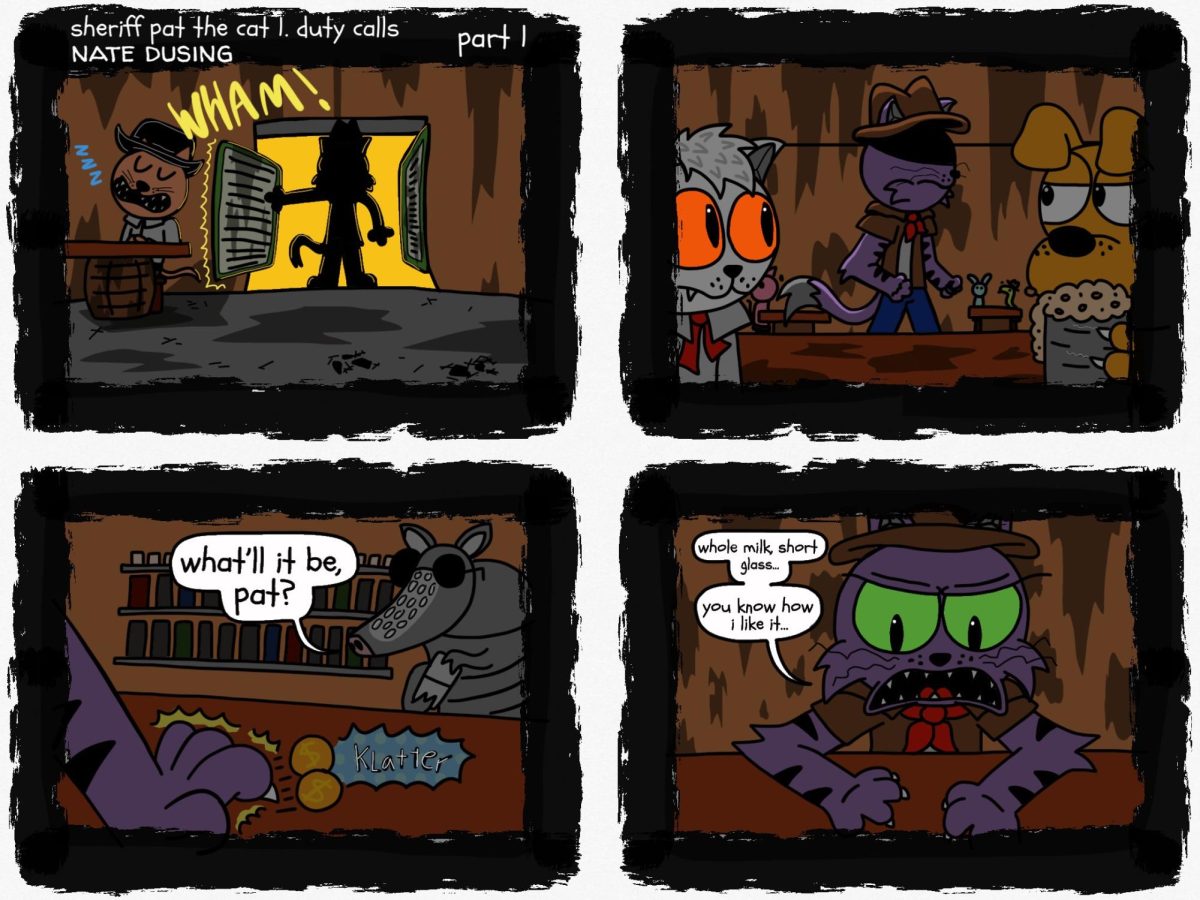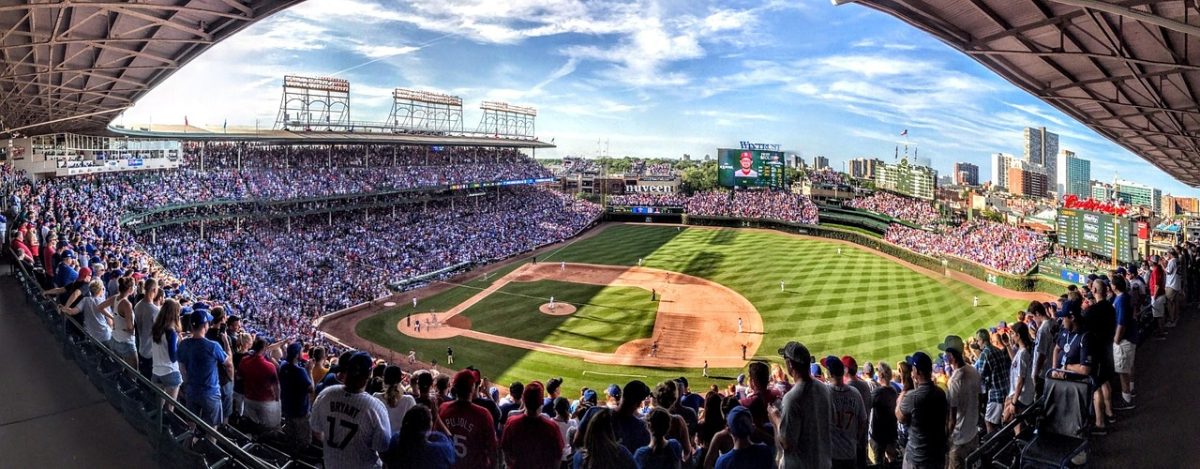It was 22 years ago that a tragedy happened that changed the way people view American society. On September 11, 2001, four airplanes were deliberately crashed—one each into the twin towers of the World Trade Center in New York, one into the Pentagon in Washington D.C, and one in a field in Shanksville, Pennsylvania. Almost three thousand people died. That day, known simply as 9/11, is usually considered the most notorious terrorist attack in history.
President George W. Bush quickly spoke on behalf of the nation: “These acts shattered steel, but they cannot dent the steel of America’s resolve.” There were many changes in the months and years that followed.
First, people united to help the victims who were affected. On history.com, an article entitled “September 11 Attacks” describes how people immediately provided monetary assistance. Second, the Homeland Security Act of 2002 created the Department of Homeland Security. Today, the article continues, the Department of Homeland Security is a cabinet responsible for preventing terror attacks, border security, immigrations and customs and disaster relief and prevention” (history.com). Homeland Security coordinates efforts that used to be split between governmental departments. According to Katulis and Juul, in their article on americanprogress.org, state, “The protective actions taken twenty years ago have produced important gains in security at home.” In particular, airline travel changed. As Adam Raymond observes in an article on Spectrum News, “The post-9/11 era of travel officially began on November 19, 2001, when then-President George W. Bush signed the Aviation and Transportation Security Act (ATSA). The law created the Transportation Security Administration (TSA), federalizing a decentralized and often disorganized airport security system and setting a slew of other airport updates into motion” (Raymond). A month after 9/11, the government started new restrictions on air travel. These restrictions on air travel made an impact on American society, making airlines feel safer.
The terrifying disaster of 9/11 killed almost 3,000 people. The United States decided to fight against terrorism, coordinate its efforts, and make airport security more efficient. Although 9/11 happened more than two decades ago, America still fights to protect itself from terror attacks. Thanks to the TSA and DHS, airplanes are now safer, airport security is more efficient, and people have more confidence that such a tragedy will hopefully never happen again. I wanted to mention that the attacks of 9/11 were so tragic that today, survivors who were involved (office workers, first responders, and good Samaritans, for example) now have cancer and other illnesses related to the debris and smoke of the buildings, monuments, and planes. Years may pass, but we should never forget the suffering and the heroism of everyday Americans on that day.
